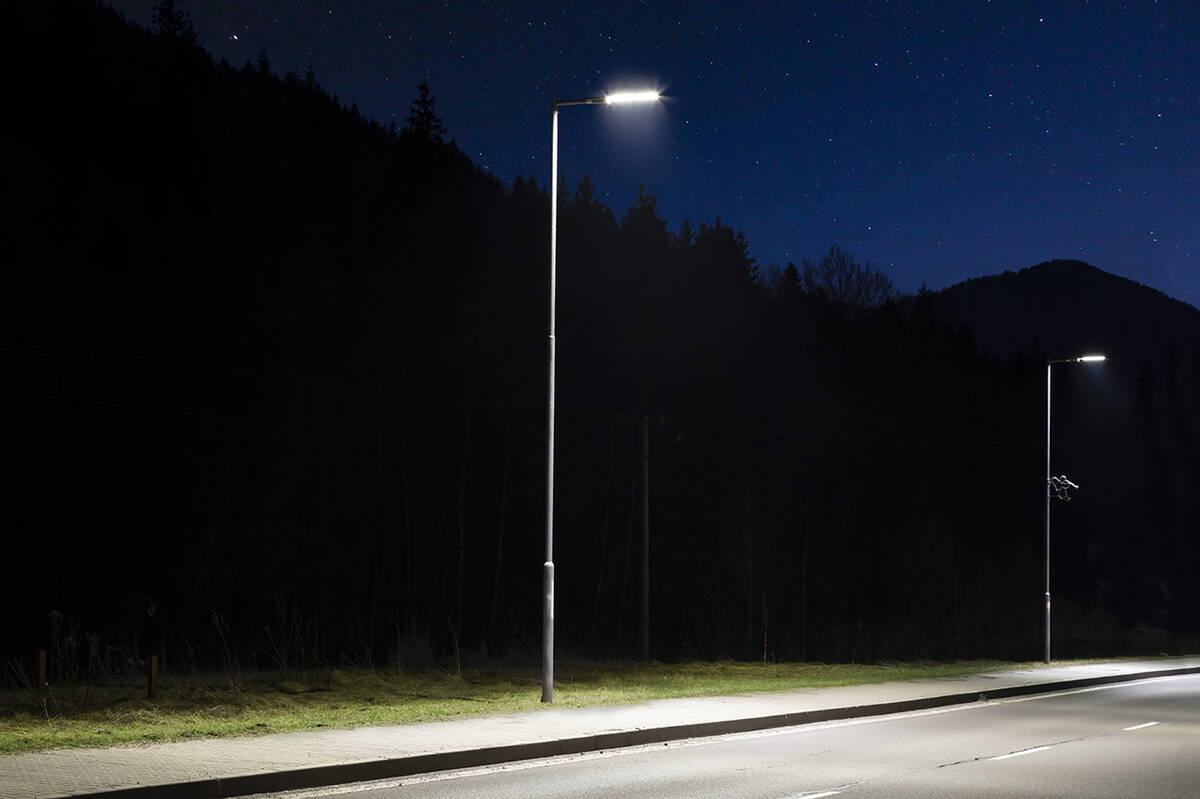HOA refuses to replace nonworking street lights
Q: We need your help. We live in a gated community in Henderson. We have over 20 streetlights that have not been working for months. The homeowner association board and management company are both aware. They are providing one excuse after another on why nothing is getting done. As residents do we have any recourse when the HOA fails to take this safety and security risk seriously? Thank you in advance for your help.
A: Under Nevada Revised Statute 116.3107, with the exception provided in the association’s governing documents, the association has the duty to provide for the maintenance, repair and replacement of the common elements. Your streetlights would fall under this law. You could file a complaint with the Nevada Real Estate Division.
Q: We have a couple of properties in our community that are an eyesore and have remained that way for over three years. The backyard runs down the main street exiting the subdivision, so it is in plain sight. We are told by the HOA board that they cannot do much because when the owner does work on something in his yard they have to start over with a complaint.
The second home runs down a main street as well. The yard is a complete mess with three dogs, two large and one small. They do not pick up after the dogs as often as they should. Their back door is hanging off the hinges and has been like that for months. The yard is disgusting. This is all in plain view to see as you pass through. Nothing has been done. Please advise.
A: Under NRS 116.3107 (1), each owner has the duty to provide for the maintenance, repair and replacement of his or her unit. Your governing documents probably have a similar and more detailed maintenance responsibility of each owner. Your association can begin their enforcement policy procedures. A homeowner can be fined and a lien can be placed upon his or her home.
Unfortunately, there are owners who don’t care, some of whom could be fined for long periods of time without any proactive action taken to repair and clean their home.
It is a challenging situation for any association, as the law limits what can and cannot be done. Technically, each violation is separate and distinct.
Q: I’m trying to get information about towing in a community.
A: Assembly Bill 301, effective Oct. 1, 2021, applies to associations and apartments. The law modifies NRS 706.4468 (6b) and NRS 706.4469. If a towing company connects your vehicle to their towing truck, the towing company cannot tow your vehicle, if the owner shows proof that the vehicle is properly registered either with the state of Nevada or any other state. The towing operator is to immediately release the vehicle to the owner or his agent. The towing company cannot charge the owner or the agent the established fee for releasing the vehicle.
In addition, the towing operator can no longer charge any fee or cost for the storage of the vehicle until at least 48 hours after the vehicle arrives after regular business hours. The 48-hour period will begin when the next regular business hours commence. Another change in the law is that a vehicle cannot be towed solely because the vehicle’s registration has expired.
As to homeowner associations, under NRS 116.3102 (3t), the association is required to post a written notice in a conspicuous place on the vehicle or provide oral or written notice to the owner or operator of the vehicle at least 48 hours before the association may direct the removal of the vehicle. This applies to associations.
Obviously, you can expect to be immediately towed when blocking a fire hydrant, fire lane or parking in a designated handicap space.
Barbara Holland is an author and educator on real estate management. Questions may be sent to holland744o@gmail.com.












